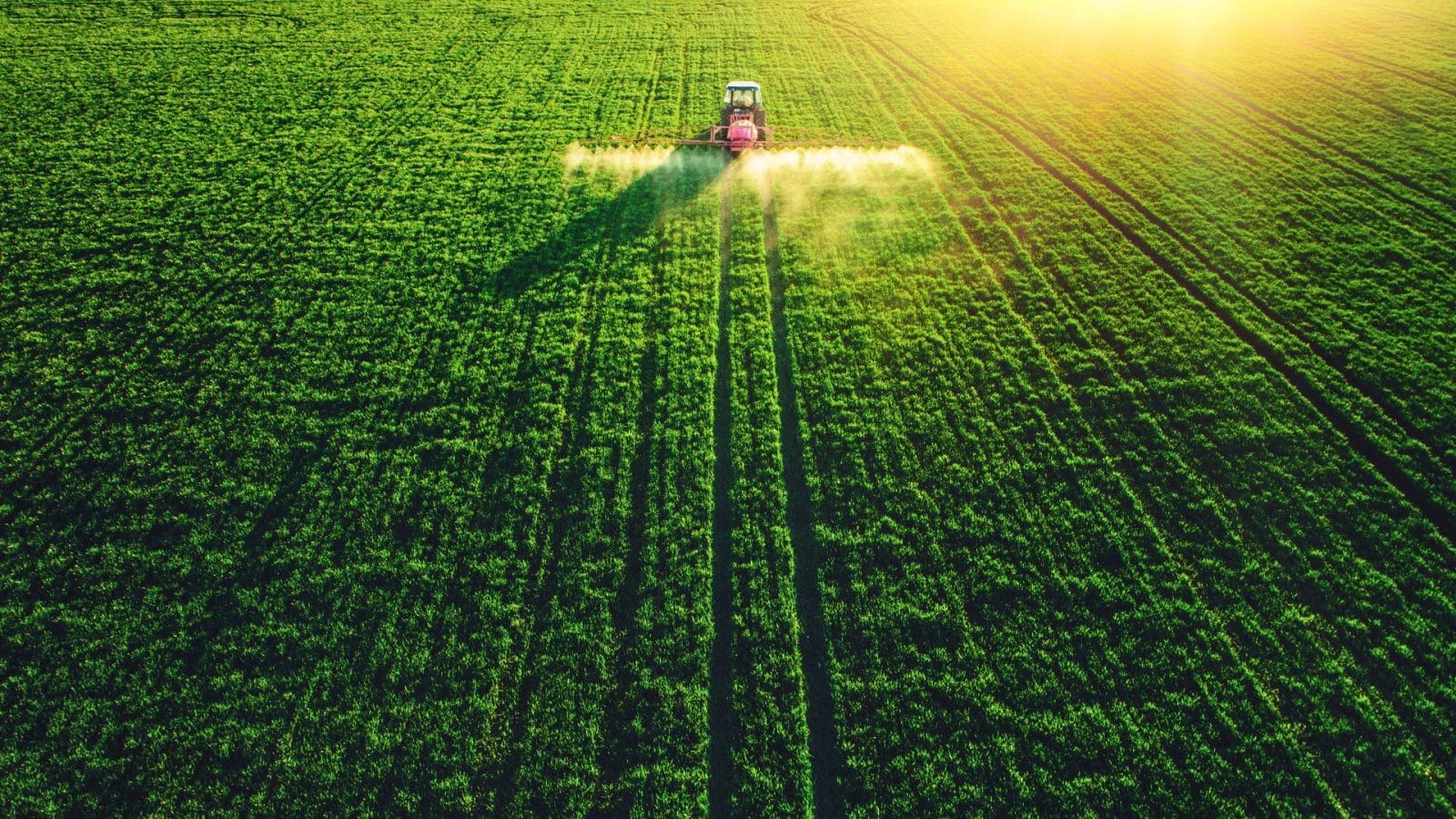Agriculture has come a long way over the centuries, thanks to a series of groundbreaking innovations. These top agricultural innovations have drastically transformed farming, making it more efficient, profitable, and sustainable. Here are the top five agricultural innovations that changed farming; reading about them will help you gain a better understanding of the food production journey.
The McCormick Mechanical Reaper
The McCormick Mechanical Reaper revolutionized grain harvesting in the 1830s. Before its invention, farmers relied on labor-intensive methods to cut their crops by hand. The reaper made it easier to harvest large amounts of grain in less time. This innovation allowed farmers to increase their profits and reduce the physical effort required for harvesting.
The John Deere Tractor
John Deere’s impact on agriculture began with the success of his self-scouring steel plow, but his company took it a step further with the development of the two-cylinder combustion engine tractor. Powered by gasoline, these tractors used quality materials and engineering to replace animal labor with mechanical power. This shift made plowing, planting, and harvesting much more efficient and less labor-intensive.
Barbed Wire
Barbed wire transformed livestock agriculture in the late 19th century. It provided one of the simplest and most effective ways that farmers can protect their crops, by keeping cattle out of fields. This innovation reduced the manpower needed to manage cattle and allowed for better utilization of farmland. Barbed wire fencing quickly became a staple on farms across the world.
Synthetic Fertilizers
Synthetic fertilizers played a significant role in increasing crop yields throughout the 20th century. These fertilizers boosted plant growth and productivity by providing essential nutrients like nitrogen, phosphorus, and potassium. Farmers could achieve higher yields, ensuring a more stable and abundant food supply.
Biotechnology
Biotechnology combines plant science with engineering to create crops that are more resistant to pests, diseases, and environmental stresses. This innovation has led to less reliance on pesticides and other chemical interventions. Genetically modified organisms (GMOs) and advanced breeding techniques have helped farmers grow more resilient and productive crops, contributing to global food security.
These top agricultural innovations that changed farming have paved the way for modern agriculture as we know it. From the McCormick Mechanical Reaper to biotechnology, each innovation has played a crucial role in making farming more efficient and sustainable. While there are always new challenges to face, it’s inspiring to think about what future innovations will bring to agriculture.















